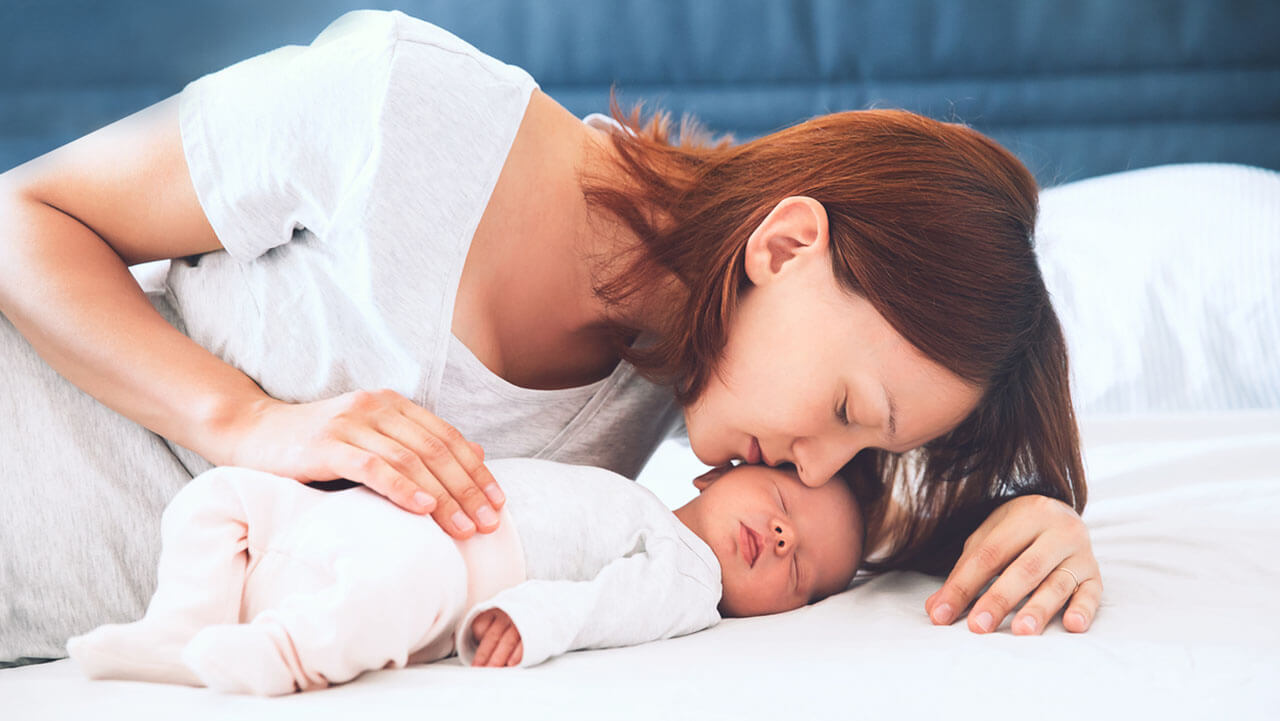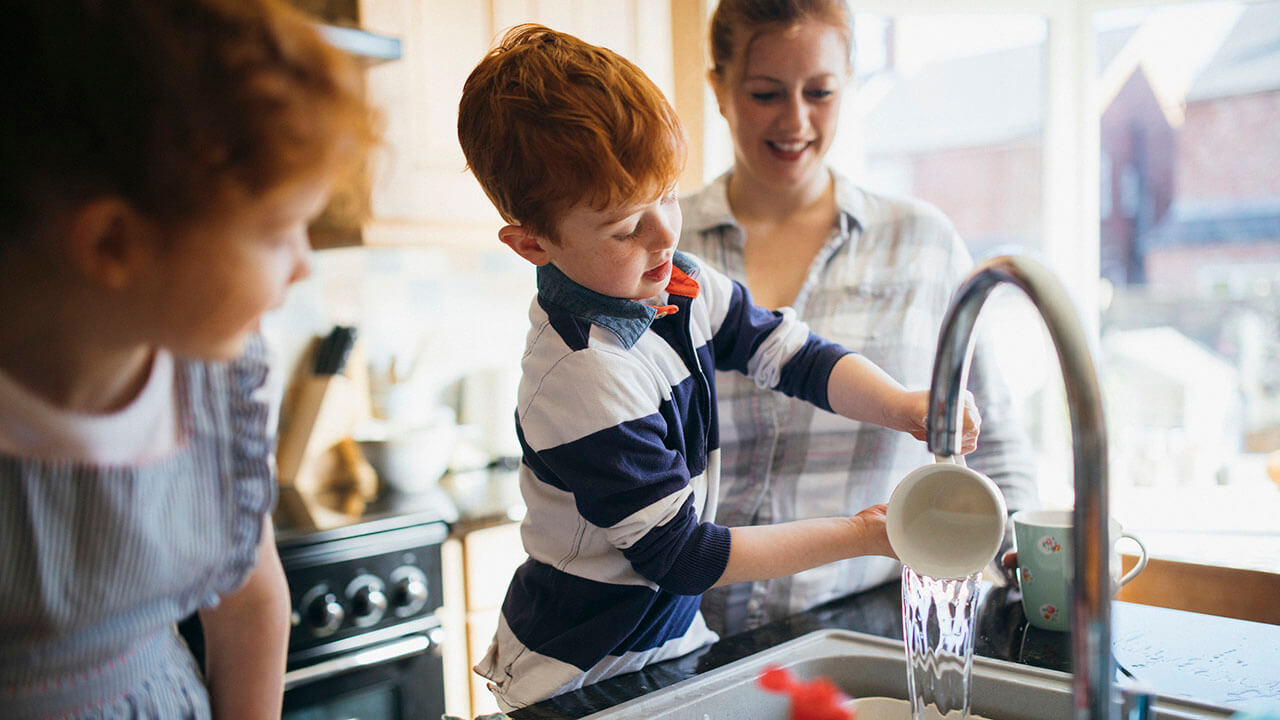

Becoming a mother changes your life in so many ways—your body, your relationships and your time—just to name a few. You may not have expected to experience some of these changes. Maybe you need help, but don’t know where to turn, or maybe you’re wondering if some of these changes are a “normal” part of life. You’re not alone!
We hope the following resources help address some of your concerns in the first year following childbirth.
Urinary incontinence
Did you know that women who give birth vaginally are more likely to experience urinary incontinence afterward? Your bladder and pelvic muscles are weakened during pregnancy and childbirth. Following childbirth, your uterus is beginning to shrink back to its normal size, which causes compressions on the bladder. The good news is that most women recover with proper precautions and effective treatment options.
In this video, Ashley Peterson, physical therapist and board-certified clinical specialist in women’s health discusses how physical therapy for your pelvic floor after giving birth can address short-term concerns and head off long-term issues.
By watching, you will learn about:
- Pelvic anatomy and what the pelvic floor is.
- Tips to maintain good bladder health.
- Types and causes of urinary incontinence.
Mom guilt
It’s not uncommon for us to wonder if we are a “good” mother, or to compare ourselves to others who we may think are doing a “better” job at parenting than we are.
In this video, Breyan Donath-Skeen, a licensed clinical social worker and substance abuse counselor discusses the traps of mom guilt and how it invalidates our experiences.
By watching, you will learn about:
- The prevalence of mom guilt.
- The difference between mom guilt and post-partum depression and when to seek help.
- Where guilt comes from and how to manage and overcome it.
No longer eating for two, but for a healthier you!
Feeling tired the first few months after having a baby is completely normal and almost goes without question. But what if your baby is 6 months to 1 year old, or even 2, and you still feel sluggish, drained and tired? While being a mom takes a lot of energy, and you may not get as much sleep as you used to, fueling your body with good nutrition can help restore your energy.
In this video, Deb Guenterberg, registered dietitian nutritionist, talks about quick and easy ways to shop, cook and prepare healthy and delicious energy-packed meals.
By watching, you will learn about:
- How to start a plan that fits your family and your budget.
- Reserving time for exercise.
- What to do when the “plan” doesn’t go as “planned”.
- Nutrition tips specifically for new mothers.
- Fearless eating… trusting your body.
- Additional resources available to you.
Your partner is not the babysitter
Are you feeling worn down by the day-to-day activities of raising a family? Breyan Donath-Skeen a licensed clinical social worker and substance abuse counselor, discusses the traditional opposite-sex gender roles in the family how they may be contributing to burnout.
In this video, you will learn about:
- The changing “traditional” family.
- Tips for sharing the load together.
Mom’s “after baby” body
In this video, Ashley Peterson, physical therapist and board-certified clinical specialist in women’s health explains what to expect of your body after having a baby, how to set appropriate health and fitness goals, how to activate the correct muscles and take the correct approach to getting back to physical fitness.
By watching, you will learn about:
- Exercise modifications during pregnancy.
- Support belts for pregnancy and post-partum.
- What diastasis rectus is and exercises to improve the diastasis.
- Breastfeeding and pumping challenges.
- C-section scar care.
- Post-partum exercises and physical therapy.
Intimacy after pregnancy
Women go through a lot of changes during pregnancy and after delivery —both physically and mentally. You have a baby, your body changes, your social life changes and now your idea of a great “night life” is sleeping through it. What does this mean for your relationship with your partner? Likely, things have changed there too.
Mary Williams, a Certified-Nurse Midwife and women’s health practitioner candidly discusses love life after pregnancy.
In this video you will learn about:
- Changes “down there”.
- Caring for vaginal area.
- Answers to sensitive questions.
- The importance of communicating with your partner.
- Post-partum emotional health.



